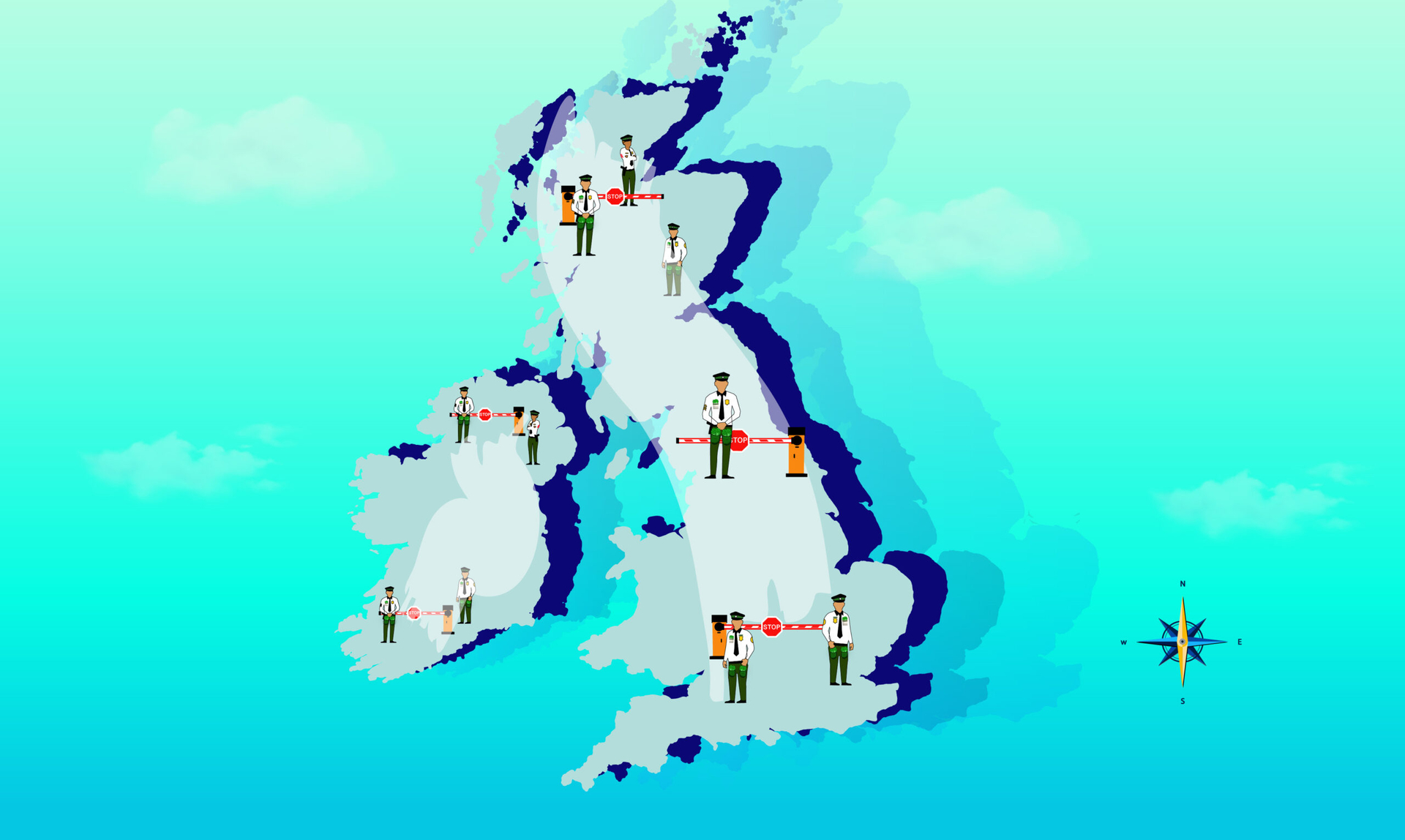- cross-posted to:
- literature
- cross-posted to:
- literature
All detention centres and short-term holding facilities in the UK, with the exception of Morton Hall, which is run by the government, are run by private security companies: Mitie, GEO Group, G4S and Serco.... G4S also runs the second largest private prison in the world – South Africa’s Mangaung Prison – and provided security for the notorious North Dakota Access Pipeline which threatened sacred lands and water supplies.... Serco runs eleven immigration detention centres in Australia (one of which made headlines in 2015, when 900 people inside launched a hunger strike – with some swallowing razor blades and washing powder, and others sewing their lips together).... Beginning in 2002, G4S worked with the Israel Defence Forces (IDF) to co-manage the Israeli government’s occupation of the West Bank and Gaza. In 2006, G4S took charge of checkpoints in an attempt to normalise and depoliticise Israel’s control of the movement of Palestinian people...
As private companies receive a fixed sum from the government for each person they detain, any savings on that amount (for example, ways to avoid spending the whole amount on detaining that person) can be pocketed by the business – this is the ‘profit motive’ for providing cheap, inhumane living conditions for incarcerated people.... Low costs and high profits are achieved in different ways, including through paying people in detention a mere £1 an hour (one eighth of the national minimum wage) to cook and clean in the centres. In many cases people end up performing the same jobs they were detained for doing outside of detention, for an increment of their previous wage, while savings pile up for the government and profits pour in to private companies.
Another way of driving down the cost of detaining people is to offer very little or limited healthcare support or medication to people who are incarcerated – particularly if the required medication is costly.... “My legs [have] been so swollen that I was rushed to Bedford hospital for suspected DVT [Deep Vein Thrombosis], and immediately put on blood-clot-prevention-injection called warfarin, but since then nothing has been done [. . .] my medication[s] have been changed and downgraded because healthcare can’t afford them, and the meds given are generic.” ... “When I told them I was suffering from [high blood pressure] [. . .] they just gave me paracetamol, until I started bleeding out of my nose, that’s when they took me to Bedford [hospital]. So from Bedford, that’s where they started treating me. They told me I will have to be on medication for the rest of my life.”
Academic Christine Bacon suggests that the boom in private immigration detention dovetails neatly with the UK’s plans to expand its private prison estate.... The UK now has 14 privately run prisons, all run by G4S, Serco and Sodexo... Prisons and immigration detention overlap in function, as people who have served prison sentences will sometimes be transferred straight to detention at the end of their sentence, and can be detained in designated ‘Foreign National Offender’ (FNO) prisons. Such prisons include HMP... which according to Conservative MP John Howell, ‘has gone down terribly well with the locals, who wanted to see those prisoners transferred back. They can go to say goodbye to them, waving as the coach takes them back to the airport."
Black people make up only 3% of the general population in England and Wales, but 12% of the UK’s prison population... over a quarter of adults and half of young people in prison in the UK are people of colour (PoC), despite the fact that this demographic only makes up 13% of people in Britain... the amount of Muslim people in prison has doubled since 2002... minoritised and marginalised people are locked up in high numbers, as a ‘quick fix’ response to acts of survival in the face of poverty and inequality.
:ukkk: :amerikkka: :kanada: :aus-delenda-est: :acab:

